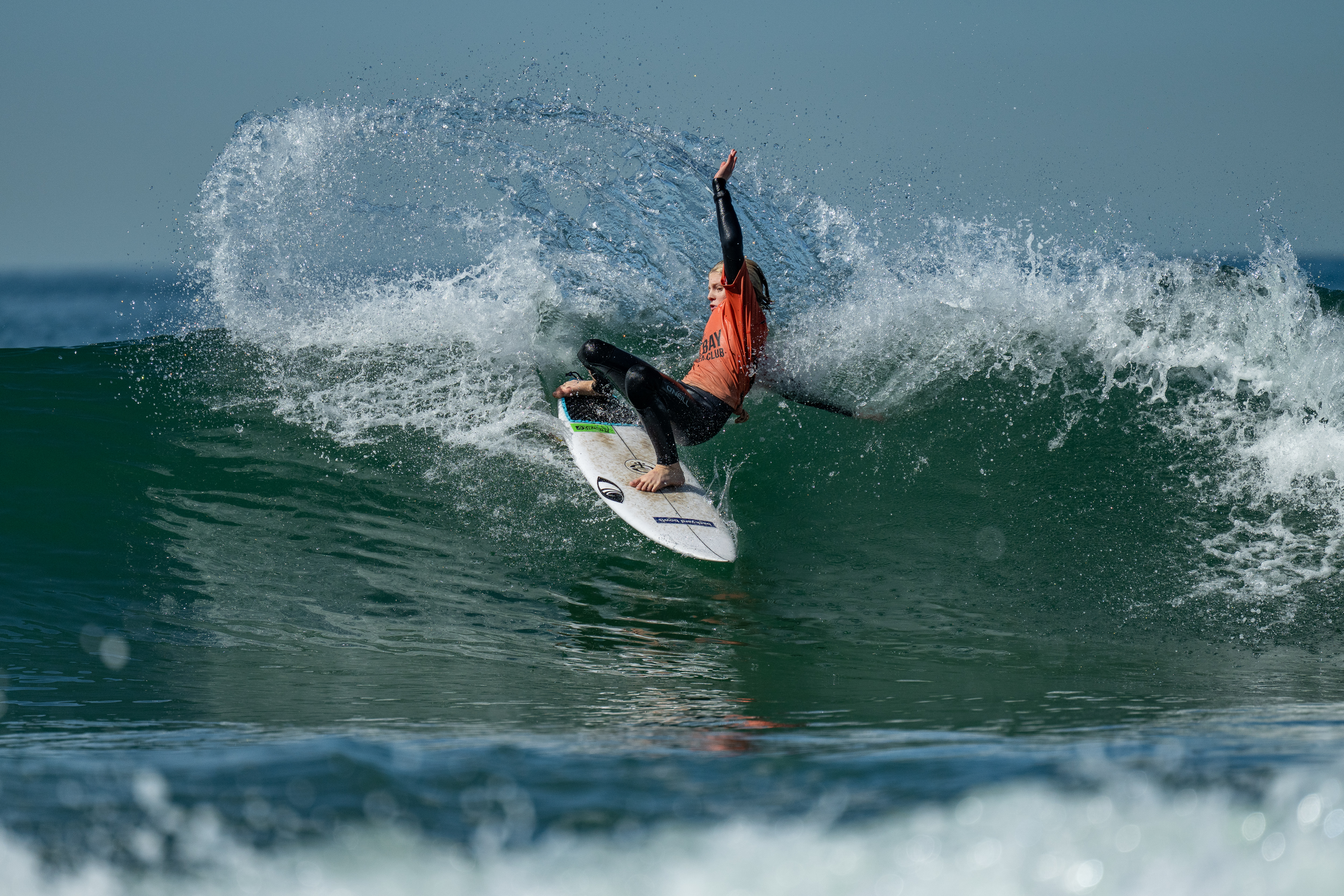“Daaaaaalí!” is the ultimate fluff piece. It’s a French existential comedy that replays like “Groundhog Day,” revisiting the same surreal theme, Dalí himself, over and over using multiple actors playing the master himself.

Young Judith Rochant (Anaïs Demoustier), tired of her day job as a pharmacist, has decided to redefine herself as a journalist and has been relatively successful at landing jobs. She is ecstatic that her most recent assignment is to interview the eccentric Spanish artist Salvador Dalí. When he agrees to meet with her, he is appalled to discover that it is for print. He explodes. Print is for little people. How could a written article possibly capture his genius? No! Unless it is filmed with gigantic cameras focusing only on him, he cannot possibly agree. And off he goes in a huff and a puff of smoke.
Judith, backed by a producer (the fabulous Romain Duris), attempts repeatedly to draw him back only to have each encounter fail. In one he breaks the camera, in another the cameras aren’t big enough, and on it goes. Judith, a mousey little soul, is obviously overwhelmed, unable to right her own ship.
Dalí, renowned for his outsized personality, is given center stage, the only part of the stage he would ever have accepted. Thematically, everything involving Dalí is exhaustingly and hilariously played out over and over. When not ruining Judith’s naive attempts at corralling him, we see him with others. Like Buñuel’s “The Discreet Charm of the Bourgeoisie” where a group of friends relive various iterations of the same dinner party, Dalí’s dinner with a self-impressed industrialist and a priest is played out in multiple versions as the priest recounts his surrealistic dreams, all usually ending with him being shot by a cowboy. As inventive as these different dream sequences are, Dalí is bored because he is not the central character.

Adding to the confusion, because this is nothing if not confusing, is director Quentin Dupieux’s use of multiple actors to play Dalí at different stages of his life but all in the present day. Get it? Good luck because I didn’t. It just heightens the surrealistic nature of the film and of Dalí himself. There is no one Dalí; he is undefinable to others but not to himself. He is a legend; he is ego with a capital E; he is deranged, or seemingly so to everyone but himself.
Fun is poked at how he created his paintings and prints with a sly nod at how he may have been the source of his own fake and forged art. Dalí is above the petty concerns of normal humans. He is, after all, Dalí!
Does Judith get her film? Will her producer ever be satisfied? Does the priest ever get to finish his endlessly artificial surrealistic dreams? It’s incidental because without Dalí, there is no art, there are no stories and there is no film (even though there really is no film). Gala, his stoic wife, is a presence and, checking the end credits, there was apparently a character called Luis Buñuel, although this may only have been a tip of the hat to the director who collaborated with Dalí in 1929 and 1930 on the two seminal surrealistic films, “Le Chien Andalou” and “L’Age d’Or.”
Truly a case of there is no there there, that is the very point of “Daaaaaalí!” All of the Dalís (of which there are five) either illustrate the schisms in his outsized personality or are there for the comic relief of his famous mustache and bad French accent.
Dalí was his own greatest creation and this movie captures a little of that quicksilver on screen. This surrealistic homage to the master is laugh-out-loud funny, capturing him better than a straight biopic could possibly have done. After all, how do you catch lightning in a bottle?
In French and Spanish with English subtitles.
Opening October 4 at Landmark’s Nuart Theatre.








